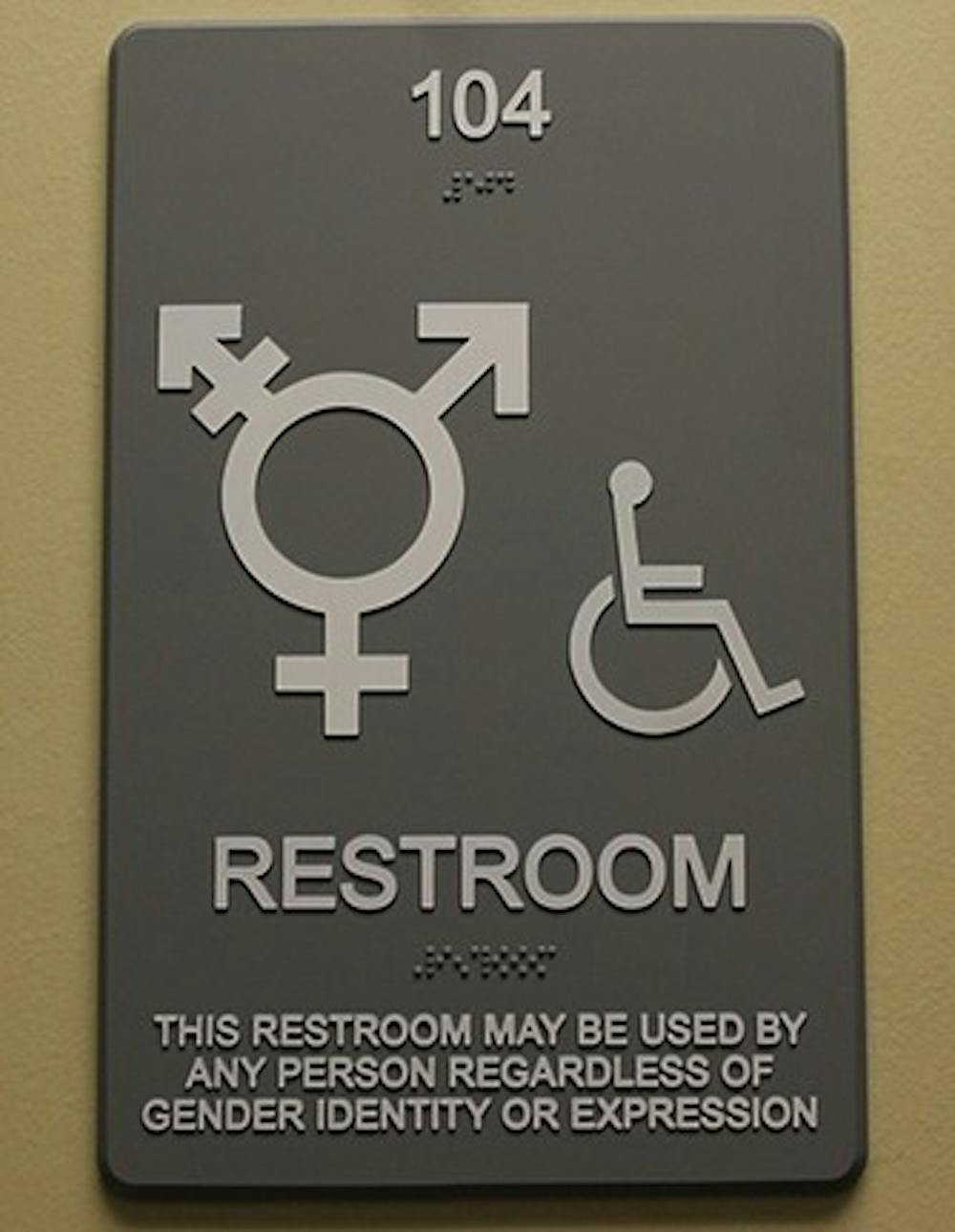The North Carolina Middle District Court heard a lawsuit Monday that challenges House Bill 142, the replacement for House Bill 2.
HB 142 was passed in 2017 and repealed the section of HB 2 commonly known as the “bathroom bill," which mandated that individuals use the restroom that corresponded with their assigned sex at birth. However, it also prevented any North Carolina cities from passing any discrimination protection laws for LGBT people until December 2020. Any further regulation of bathroom use was left to state lawmakers.
Attorneys from the American Civil Liberties Union (ACLU) and Lambda Legal are representing six LGBT North Carolina residents in the legal case against the state of North Carolina, including current governor Roy Cooper, former governor Pat McCrory and the University of North Carolina. The plaintiffs include Joaquín Carcaño, a transgender UNC project coordinator for the Institute for Global Health and Infectious Disease.
The attorneys who represent the North Carolina state legislature argued that the case should be dismissed because there is no proof people are restricted from using the bathroom today.
According to the Associated Press, U.S. District Judge Thomas Schroeder asked the plaintiffs several times how the new law was harmful to LGBT individuals.
Mike Meno, who represents the North Carolina ACLU, said that HB 142 has harmed transgender people in North Carolina by creating uncertainty and keeping discrimination in the law.
“What the public wanted was for HB 2 to be fully repealed, but unfortunately that is not what the legislature did,” Meno said. “They should never have been signed into law in the first place.”
A proposed settlement that has been signed by Cooper and Lambda Legal is still in the works. If the settlement is approved, transgender people in North Carolina would be able to use the bathroom that corresponded with their gender identity, and it would put an end to the legal debate.
“It would bring clarity to this very uncertain situation that trans people in North Carolina have been put into,” Meno said. “Transgender people in North Carolina have suffered greatly because of House Bill 2.”




